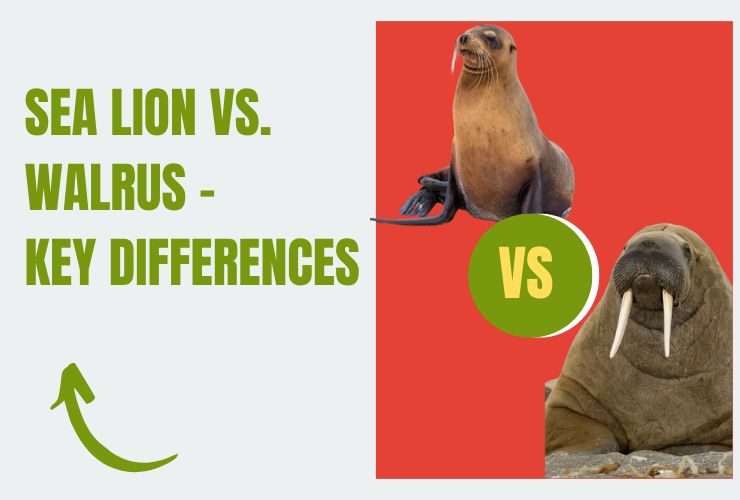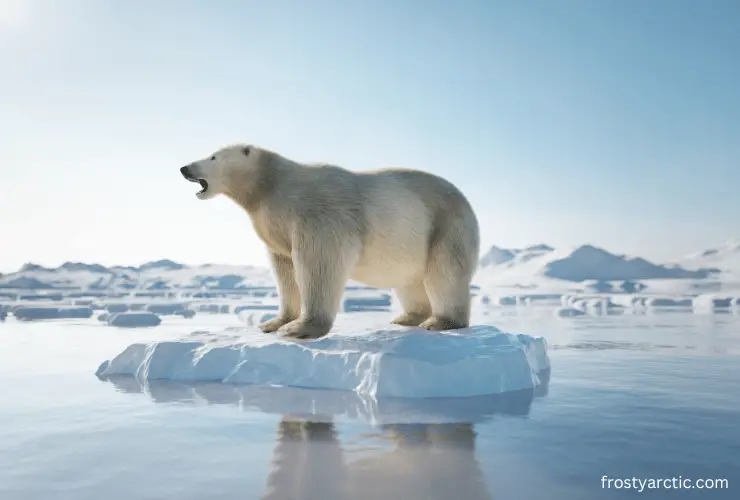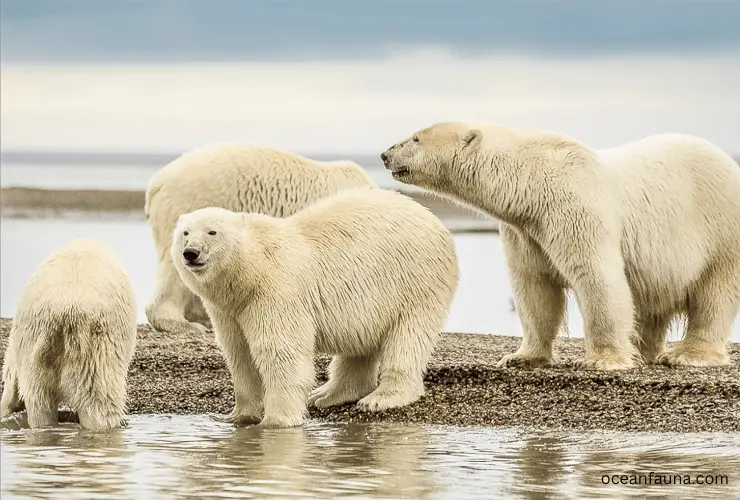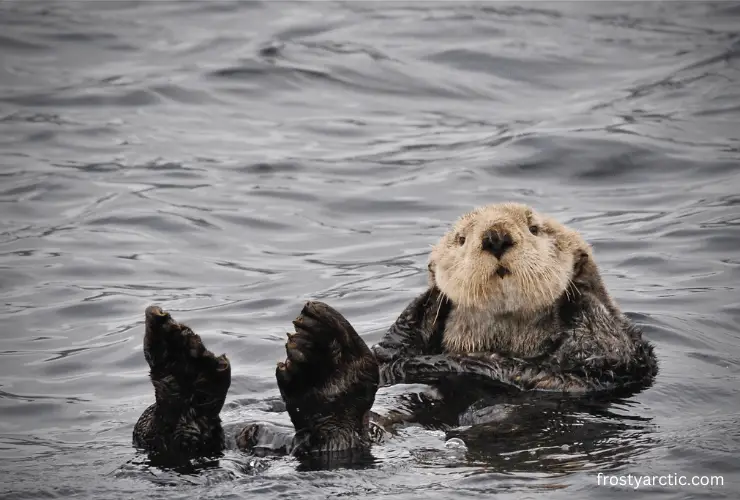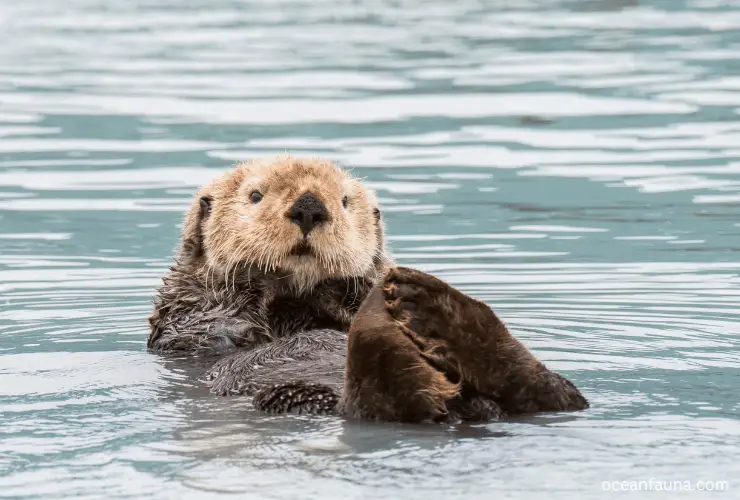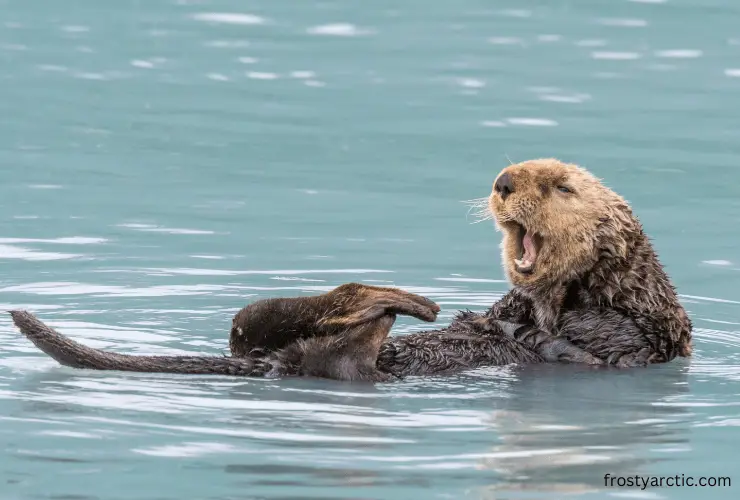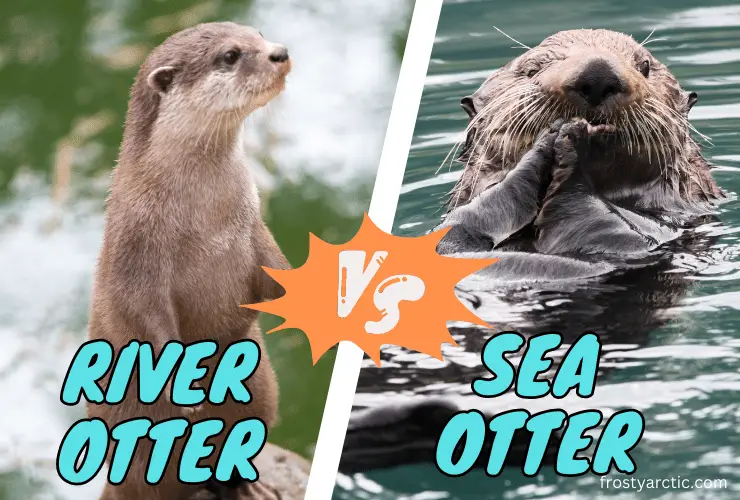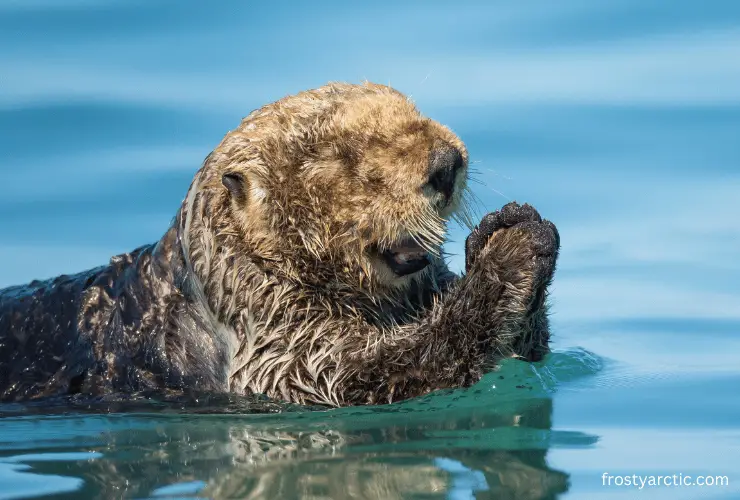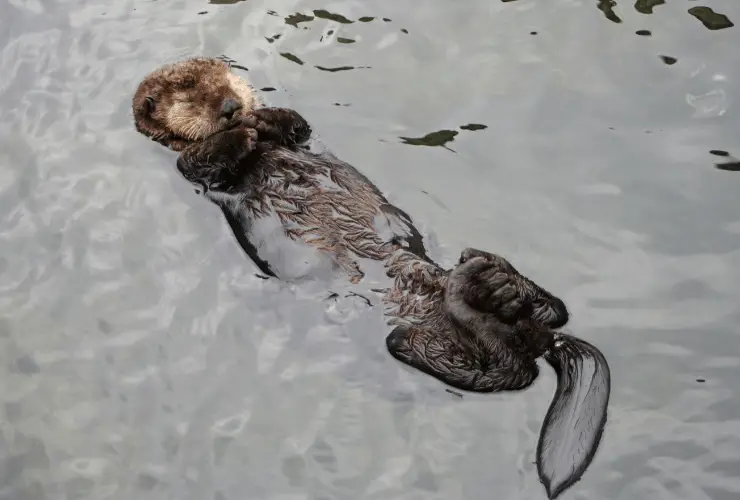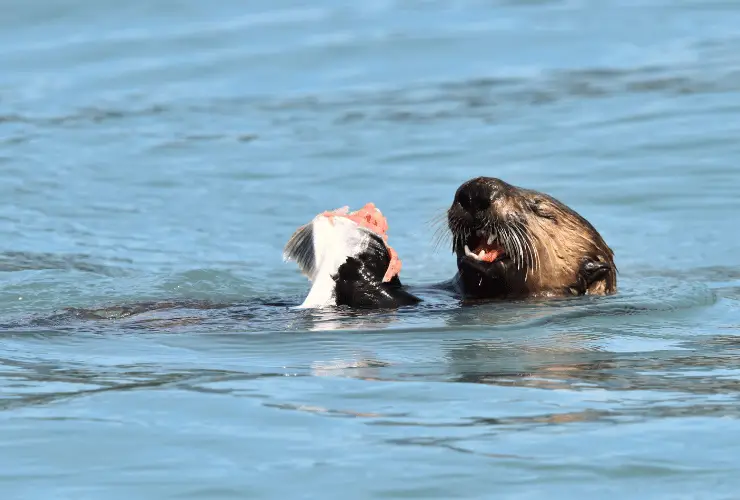Sea Lion Vs Walrus: Key Differences & Battle Winner
Sea lions and walruses, while both being marine mammals, are significantly different in numerous ways. A key distinction is their tusks: Walruses possess long, sharp tusks used for breaking ice and self-defense, while sea lions lack these. Additionally, walruses have thicker, wrinkled skin compared to the sleek coat of sea lions. Sea lions are known … Read more

